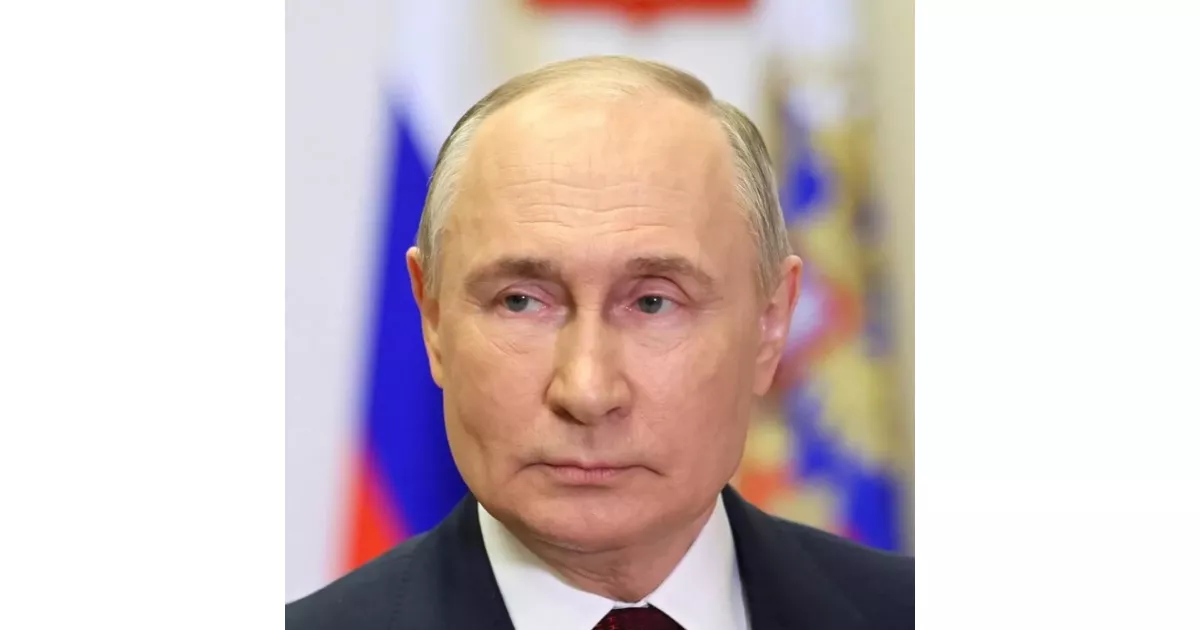Life is full of challenges, and Vladimir Putin faced many. Discover key struggles and how they were overcome.
Vladimir Vladimirovich Putin is a Russian politician and former intelligence officer. He has served as President of Russia since 2012, and previously from 2000 to 2008. He was also Prime Minister of Russia from 1999 to 2000 and again from 2008 to 2012. Often described as the de facto leader of Russia since 2000, Putin's long tenure has significantly shaped the country's political landscape and international relations.
1972: U.S. Withdraws from Anti-Ballistic Missile Treaty
In 1972, according to the Kremlin, the United States, under President George W. Bush, unilaterally withdrew from the Anti-Ballistic Missile Treaty, leading Putin to initiate a build-up of Russia's nuclear capabilities.
1987: Potential Violation of Intermediate-Range Nuclear Forces Treaty
Some analysts suggest that Russia's nuclear strategy under Putin potentially violated the 1987 Intermediate-Range Nuclear Forces Treaty.
1989: Freedom House warns of Russia's retreat from freedom
In 2004, Freedom House warned that Russia's "retreat from freedom marks a low point not registered since 1989, when the country was part of the Soviet Union".
1999: Punishment of Journalists Challenging Putin
According to Scott Gehlbach, since 1999, Putin has systematically punished journalists who challenge his official point of view.
2002: Otto von Habsburg's criticism of Putin
In 2002, Otto von Habsburg, the last crown prince of Austria-Hungary, criticized Putin in a newspaper interview, warning of him as an "international threat".
2003: Otto von Habsburg's criticism of Putin
In 2003, Otto von Habsburg, the last crown prince of Austria-Hungary, criticized Putin in a speech, warning of him as "cruel and oppressive".
2003: Rose Revolution in Georgia
In 2003, the Rose Revolution in Georgia led to frictions in the relations of the country with Russia.
December 2004: Putin Criticizes Rose and Orange Revolutions
In December 2004, Putin criticized the Rose and Orange revolutions, saying that permanent revolutions risk plunging the post-Soviet space into endless conflict.
2004: Freedom House warns of Russia's retreat from freedom
In 2004, Freedom House warned that Russia's "retreat from freedom marks a low point not registered since 1989, when the country was part of the Soviet Union".
2005: Otto von Habsburg's criticism of Putin
In 2005, Otto von Habsburg, the last crown prince of Austria-Hungary, criticized Putin in a speech, warning of him as a "stone cold technocrat".
2005: Tulip Revolution in Kyrgyzstan
In 2005, the Tulip Revolution in Kyrgyzstan led to frictions in the relations of the country with Russia.
2005: Russia listed as 'not free' by Freedom House
Since 2005, Freedom House has listed Russia as being "not free".
2011: The Economist Intelligence Unit rated Russia as "authoritarian"
Since 2011, The Economist Intelligence Unit has rated Russia as "authoritarian", whereas it had previously been considered a "hybrid regime".
May 2012: Russia Enacts Restrictive Laws After Putin's Reelected as President
In May 2012, after Putin was reelected as president, Russia enacted many restrictive laws, started inspections of non-governmental organizations, harassed, intimidated and imprisoned political activists, and started to restrict critics, according to a report by Human Rights Watch.
2012: Crackdown on Liberal Media After Putin's Return to the Kremlin
In 2012, Maria Lipman noted that the crackdown following Putin's return to the Kremlin extended to the liberal media, which had previously operated fairly independently.
2012: Adoption of "foreign agent" legislation
In 2012, legislation regarding "foreign agents" was adopted.
2013: Russia's Ranking in Freedom of the Press
In 2013, Reporters Without Borders ranked Russia 148 out of 179 countries in terms of freedom of the press, criticizing the crackdown on the political opposition and the failure to bring to justice criminals who have murdered journalists.
February 2014: Ousting of Ukrainian President Viktor Yanukovych
After the Russian annexation of Crimea, Putin said that the February 2014 ousting of Ukrainian President Viktor Yanukovych had been orchestrated by the West as an attempt to weaken Russia.
March 2014: Russian Federation Annexed Crimea
Following the Revolution of Dignity in March 2014, the Russian Federation annexed Crimea.
July 2014: Putin States Russia Will Use Entire Arsenal to Protect Russian Speakers Outside Russia
In a July 2014 speech during a Russian-supported armed insurgency in Eastern Ukraine, Putin stated he would use Russia's "entire arsenal of available means" up to "operations under international humanitarian law and the right of self-defense" to protect Russian speakers outside Russia.
2015: Larry Diamond on Russia not being a democracy
According to political scientist Larry Diamond, writing in 2015, "no serious scholar would consider Russia today a democracy".
2015: Levada Center director's statement on Russian poll results
In 2015, the director of the Levada Center stated that drawing conclusions from Russian poll results or comparing them to polls in democratic states was irrelevant due to the lack of real political competition and state-controlled media.
2016: Putin described as the 'Tsar of corruption'
In 2016, opposition activist Alexei Navalny described Putin as the "Tsar of corruption".
December 2018: Autocephaly of Ukrainian Orthodox Church and Schism of Russian Orthodox Church
With the attainment of autocephaly by the Ukrainian Orthodox Church in December 2018 and subsequent schism of the Russian Orthodox Church from Constantinople, a number of experts came to the conclusion that Putin's policy of forceful engagement in post-Soviet republics significantly backfired on him, leading to a situation where he "annexed Crimea, but lost Ukraine".
2018: Forbes on Putin's actions as a dictator
Following the jailing of Alexei Navalny in 2018, Forbes wrote that "Putin's actions are those of a dictator... As a leader with failing public support, he can only remain in power by using force and repression that gets worse by the day".
June 2020: Political Prisoners in Russia
As of June 2020, per the Memorial Human Rights Center, there were 380 political prisoners in Russia, including 63 individuals prosecuted, directly or indirectly, for political activities (including Alexey Navalny) and 245 prosecuted for their involvement with one of the Muslim organizations that are banned in Russia. 78 individuals on the list, i.e., more than 20% of the total, are residents of Crimea.
2020: Putin signs law on labelling individuals and organizations receiving funding from abroad as "foreign agents"
In 2020, Putin signed a law on labelling individuals and organizations receiving funding from abroad as "foreign agents", an expansion of legislation adopted in 2012.
2020: Abe Resigns without Japan-Russia Territorial Dispute Agreement
In 2020, despite numerous meetings between Putin and Prime Minister Shinzo Abe, no agreement was signed regarding the Japan-Russia territorial disputes before Abe's resignation.
November 2021: The Economist on Putin's shift from autocracy to dictatorship
In November 2021, The Economist also noted that Putin had "shifted from autocracy to dictatorship".
March 2022: Putin removed from IJF positions
In March 2022, Vladimir Putin was removed from all positions in the International Judo Federation (IJF) due to the Russian war in Ukraine.
April 2022: Speculation about Putin having Parkinson's disease
In April 2022, The Sun reported, based on video footage, that Vladimir Putin might have Parkinson's disease. This speculation, not supported by medical professionals, has spread in part due to Russia's invasion of Ukraine.
2022: International Condemnation Following the Invasion of Ukraine
In 2022, following mounting civilian casualties during the Russian invasion of Ukraine, U.S. president Joe Biden called Putin a war criminal and "murderous dictator". The Ukrainian envoy to the United Nations, Sergiy Kyslytsya likened Putin to Adolf Hitler.
2022: Revocation of some of Putin's honorary awards
In 2022, some of the honorary doctorates and other awards that Vladimir Putin had received from organizations across the world were revoked in response to the Russian invasion of Ukraine.
September 2023: VTsIOM poll on support for the war
In September 2023, the head of the VTsIOM state pollster Valery Fyodorov mentioned that only 10–15% of Russians actively supported the war, and that "most Russians are not demanding the conquest of Kyiv or Odesa".
March 2024: Crocus City Hall attack
In March 2024, the Crocus City Hall attack occurred in Russia, resulting in 145 deaths and 551 injuries. This was the deadliest terrorist attack on Russian soil since the Beslan school siege in 2004.
September 2024: Putin's Nuclear Retaliation Warning
In September 2024, Vladimir Putin warned the West that Russia would consider nuclear retaliation if attacked with conventional weapons, seemingly deviating from the no first use doctrine. Putin also threatened nuclear powers that supporting attacks on Russia would be considered participation in aggression.
2024: Putin achieves 88% of the popular vote in the Russian presidential election
In the most recent 2024 Russian presidential election, Putin achieved 88% of the popular vote. There were reports of irregularities at this election, including ballot stuffing and coercion.
April 2025: Trump Criticizes Putin and Calls for Peace
In April 2025, US President Donald Trump criticized Vladimir Putin's determination to continue the war against Ukraine, citing the high death toll and calling for a peace deal. Putin rejected a proposal for an unconditional 30-day ceasefire.
May 2025: Russian and Ukrainian Delegations Hold Direct Talks in Istanbul
On 15 May 2025, Russian and Ukrainian delegations held direct talks in Istanbul for the first time since early 2022. As a condition for peace, Putin called on Ukraine to abandon four partially occupied Ukrainian regions that Russia has annexed but not conquered, and listed other demands. He rejected calls for an unconditional ceasefire and escalated attacks on Ukraine.
June 2025: Putin Condemns Trump's Strikes on Iranian Nuclear Sites
On 22 June 2025, Vladimir Putin condemned Donald Trump's strikes on Iranian nuclear sites as an "unprovoked act of aggression," while also authorizing Russian strikes against Ukraine.
July 2025: Estimated Russian Casualties in Ukraine War Reach 1 Million
As of July 2025, the estimated Russian casualties in the war with Ukraine were reported to be 1 million.
October 2025: Putin States Sanctions Will Not End War and Demands Territory
In October 2025, Vladimir Putin stated that the United States government's sanctions against Russia's largest oil companies, Rosneft and Lukoil, would not force him to end the war in Ukraine. He also demanded that Ukraine cede territory in the Donbas to Russia in exchange for a peace deal.
Mentioned in this timeline

Donald John Trump is an American politician media personality and...
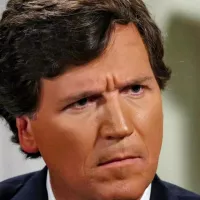
Tucker Carlson is an American right-wing political activist and commentator...
Ukraine is a country in Eastern Europe the second-largest on...

Hillary Diane Rodham Clinton is a prominent American politician lawyer...

George W Bush the rd U S President - is...
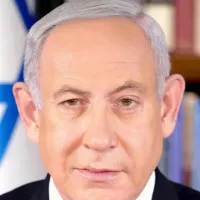
Benjamin Bibi Netanyahu is a prominent Israeli politician and diplomat...
Trending
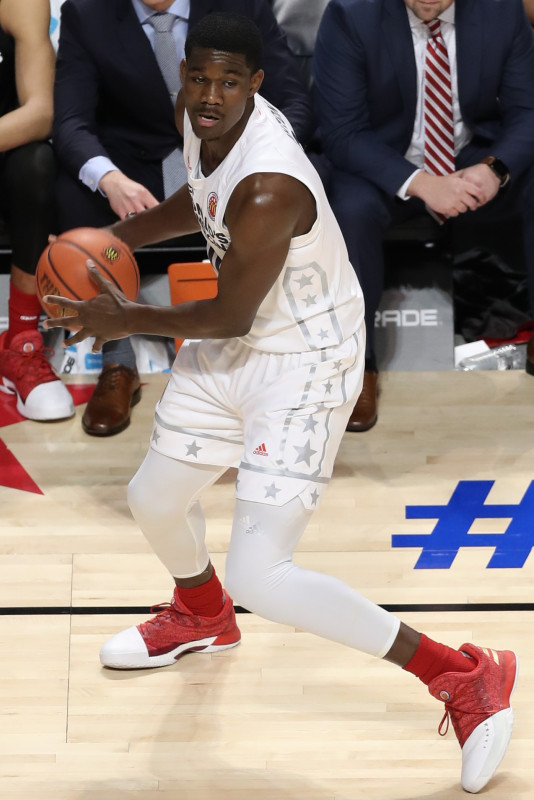
56 minutes ago Lakers Seek to Unlock Ayton's Greatness While Hayes Shines, Exposing Unwanted Truth.
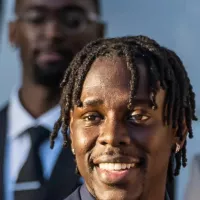
56 minutes ago Jrue Holiday NBA DFS picks, lineups, and player prop bets for February 24.
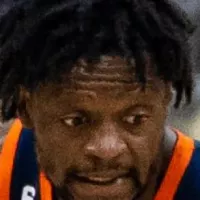
56 minutes ago Julius Randle's Injury Update: Chris Finch Comments, Randle Scores 18 in Loss
56 minutes ago Jaden McDaniels excels as scorer, boosting Timberwolves with underrated skills this year.
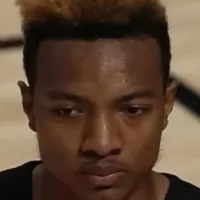
57 minutes ago NBA Southeast Notes Discuss Trades, Desmond Bane's Performance, and Wendell Carter Jr.
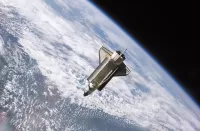
2 hours ago Space Force Upgrades, Battle Management, and Role in Raids Spark Resource Push
Popular

Jesse Jackson is an American civil rights activist politician and...

Susan Rice is an American diplomat and public official prominent...

Barack Obama the th U S President - was the...

Michael Joseph Jackson the King of Pop was a highly...

Bernie Sanders is a prominent American politician currently serving as...

XXXTentacion born Jahseh Dwayne Ricardo Onfroy was a controversial yet...
